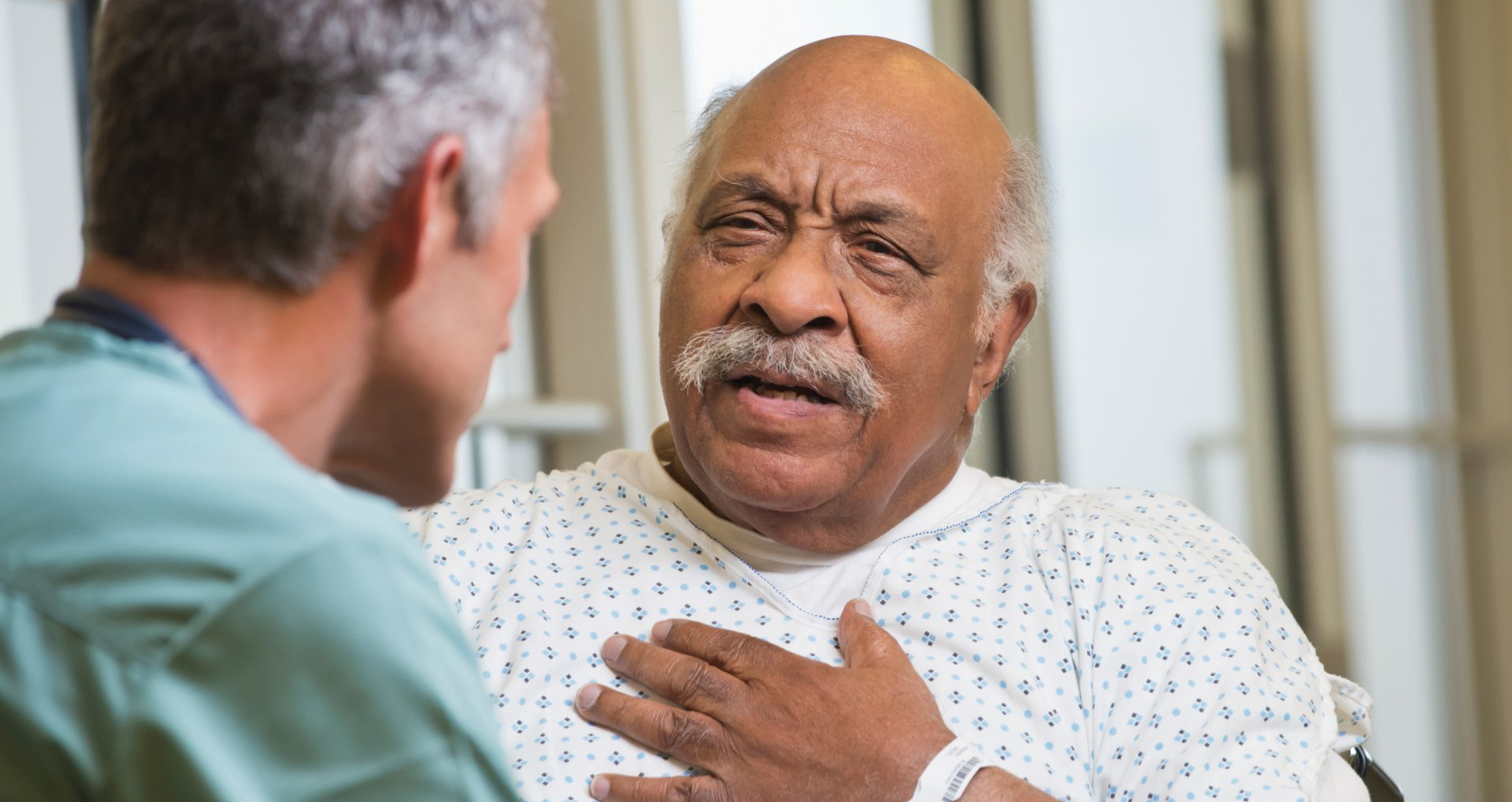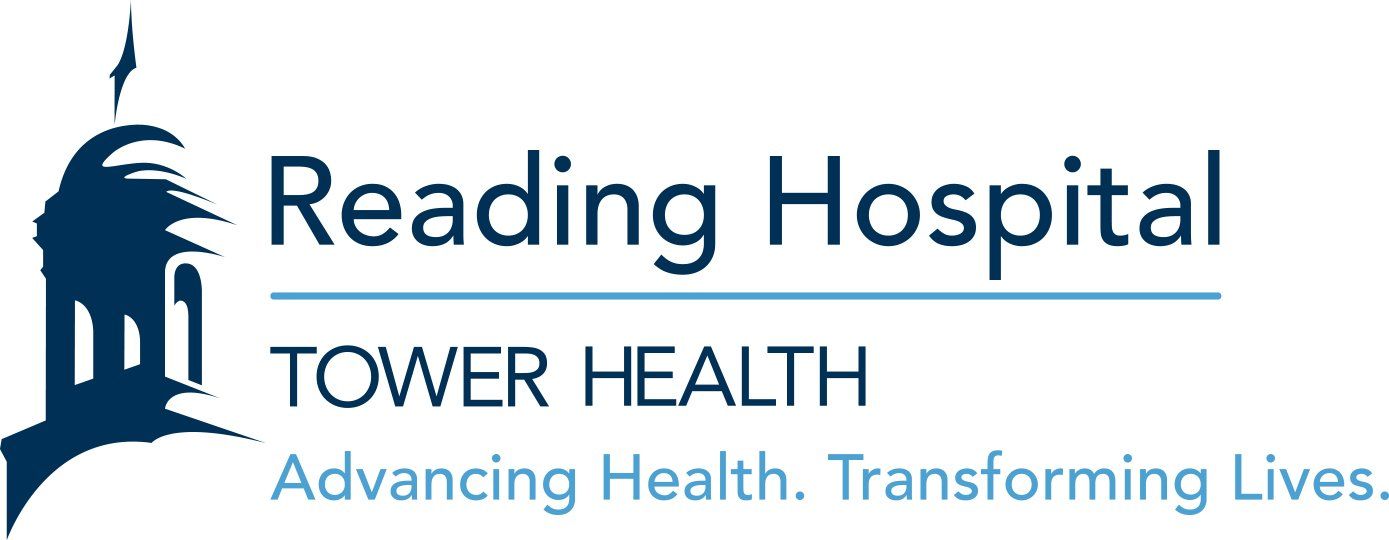Caring for Heart Failure

Don’t Go Home Without a Plan
If you have heart failure, make a plan with your doctor to keep an eye on your condition once you’re home from the hospital. Your to-do list will include the 3 Ts: Teach, Treat, and Track.
Teach
When you get home, teach your loved ones the signs of heart failure getting worse. They can check for symptoms you might not notice—like wheezing, loss of appetite, and confusion. Help them understand when to contact your doctor or call 911. And explain your treatment plan so your loved ones can help you follow your doctor’s advice.
Treat
Your treatment plan may include:
- Medications that lower your blood pressure and get rid of extra fluids. Before you leave the hospital, ask for a list of your medications and have a plan to get them from the pharmacy.
- Diet changes like drinking less water and eating less salt. Ask your doctor how much you should have of each.
- Exercise that’s right for you. Talk to your doctor about going to a cardiac rehabilitation program where you can learn to exercise in safe ways.
Your doctor will want to make sure your treatment is working and change it if needed. Make a follow-up appointment before you leave the hospital, and know how you’ll get there.
Track
To keep tabs on your condition, you’ll need to track certain things every day, like your weight, blood pressure, and shortness of breath. This will help you notice serious symptoms so you know when to contact your doctor or call 911. Download the HF Helper app or print symptom tracker sheets from heart.org/en/health-topics/heart-failure.
Feeling Worried?
It’s normal to be nervous after a hospital stay. Following your treatment plan will help you get your energy back and feel better. If you continue to feel anxious or depressed, or have low energy, talk to your doctor.

Questions After Discharge
Ask your discharge planner for the names and phone numbers of who to call if you have questions after you get home.
